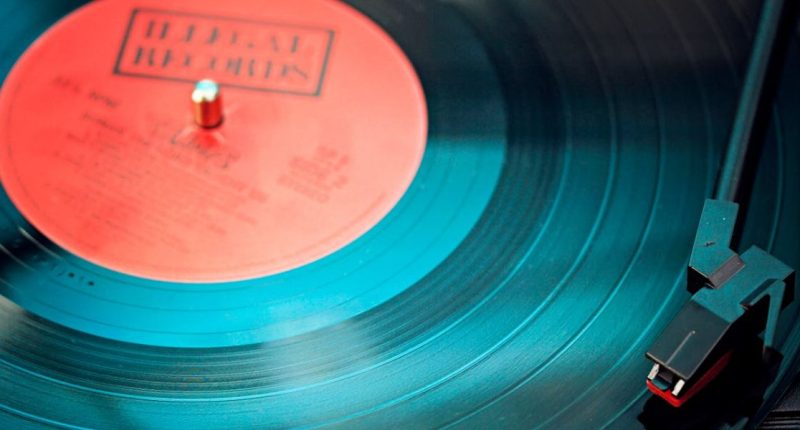Playing a musical instrument builds the brain’s ‘cognitive reserve’ which can lessen age-related decline in speech perception, a new study has found.
Researchers used MRI scans to measure the brain activity and neural responses in 25 older musicians, 25 older non-musicians, and 24 young non-musicians as they attempted to identify syllables masked by noise sounds.
- Playing a musical instrument can boost brain health and improve memory in older age
- Learning to play a musical instrument can reduce depression and anxiety, research suggests
The results showed that older musicians performed better compared to older non-musicians, with their brain activity resembling the young non-musicians.
Taking the results as a whole, the findings add weight to the ‘Hold-Back Upregulation’ theory, which suggests that cognitive reserve as a result of musical training promotes a more youthful functional connectivity pattern.
The findings suggest that cognitive reserve may work by maintaining neural networks to mitigate the effects of aging on cognition.
Dr Lei Zhang said: “A positive lifestyle helps older adults cope better with cognitive aging, and it is never too late to take up, and stick with, a rewarding hobby such as learning an instrument.’
Dr Yi Du added: “Just like a well-tuned instrument doesn’t need to be played louder to be heard, the brains of older musicians stay finely tuned thanks to years of training.
- Fasting triggers changes in the gut and brain that could help delay dementia
- Diabetes medication shows promise as new treatment for hydrocephalus
“Our study shows that this musical experience builds cognitive reserve, helping their brains avoid the usual age-related overexertion when trying to understand speech in noisy places.”
The authors say their findings may inform interventions aimed at preserving cognitive function and improve communication outcomes in aging populations.
Read more in PLOS Biology.






